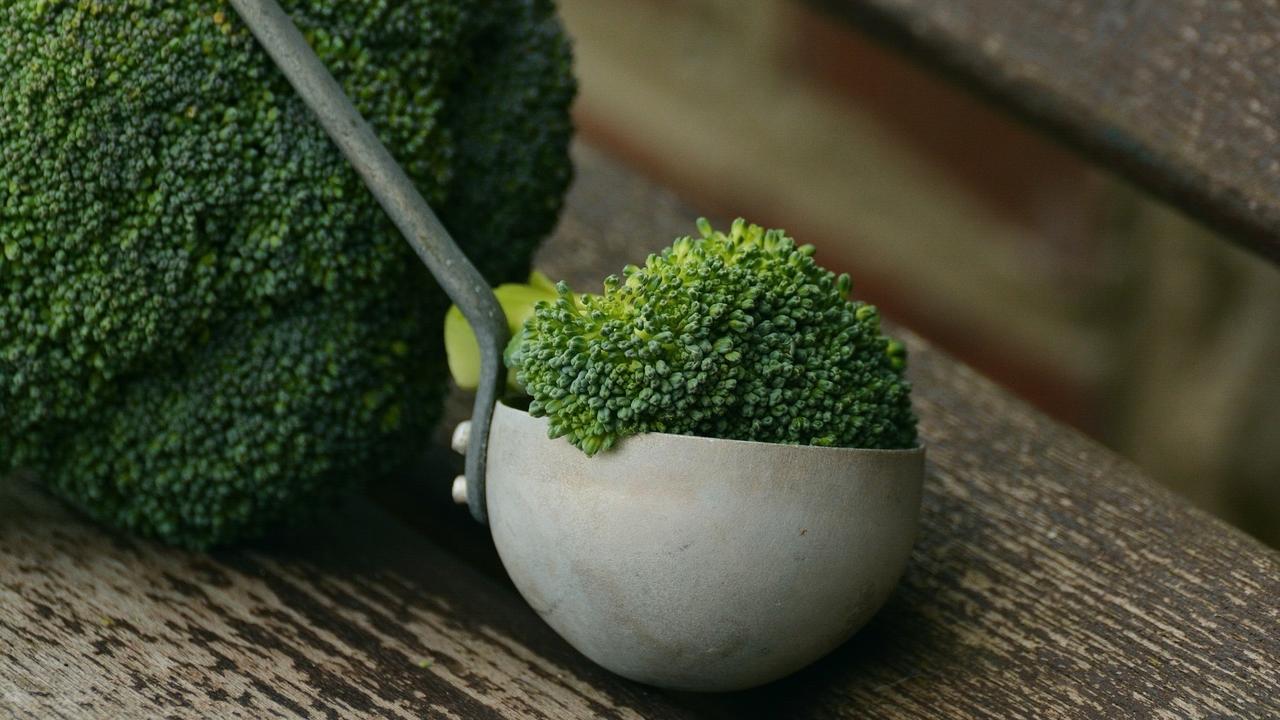Which is Better to Fight Breast Cancer: Broccoli, IC3, or DIM?

We all know that eating vegetables is a healthy thing to do and can help prevent a lot of diseases including cancer. But are there some vegetables that are better than others at preventing cancer, and are some of these vegetables better at preventing breast cancer specifically?
Well, broccoli is one of those veggies that has been promoted as preventing breast cancer as a member of the cruciferous vegetable family. And there’s actually research to back that up.
This group of vegetables has been looked at for cancer prevention because some of the compounds in these veggies have very interesting anti-cancer activities. In fact, there are even a couple of nutritional supplements that have been developed from these compounds that are being used by some women for breast cancer prevention. I’ll talk about the wisdom of that choice in just a bit.
First, what are cruciferous vegetables? They include this list of veggies which you can see includes some of the dark leafy greens, cabbages, and other broccoli-like veggies.
- Arugula
- Bok choy
- Broccoli
- Brussels sprouts
- Cabbage
- Cauliflower
- Collard greens
- Horseradish
- Kale
- Radishes
- Rutabaga
- Turnips
- Watercress
- Wasabi
You may recognize from the list that these veggies often have a bitter taste and a pungent aroma. These qualities are due to sulfur containing compounds which when metabolized break down into isothiocyanates and indoles (don’t worry, that’s not on the test).
These compounds have several anti-cancer activities including reducing inflammation, altering genes that reduce and promote cancer growth, and promoting natural cell death. (Isn’t it amazing to you that the foods you eat can actually alter your genes? It certainly amazes me.)
When you cook these vegetables, it is best to steam, microwave, or stir-fry them. By boiling them, you can lose up to half of the helpful sulfur containing compounds.
While the pre-clinical studies done in a lab with test tubes and petri dishes show that the sulfur containing compounds are deadly against cancer cells, the studies done in humans have had mixed results. There have been some trials that show that cruciferous veggies reduce cancer risk and some trials that show no reduction in risk. This has been looked at primarily in prostate, colorectal, lung, and breast cancers. Specifically for breast cancer, a meta-analysis of a lot of smaller studies showed no reduction in risk.
Why the conflicting results? Well, as I have explained before, studies about dietary consumption are difficult to do since they often rely on a participant’s recollection of what they ate. It is also difficult to separate dietary habits from other healthy habits. People who eat veggies are likely to engage in other healthy activities and maintain a healthy weight all of which contribute to a reduction in cancer risk as well as the risk of other chronic diseases.
In addition, though, for cruciferous vegetables there may be genetic differences in how the anti-cancer compounds are metabolized so some people may benefit more than others.
Now let’s talk about the compounds that may specifically influence breast cancer risk. One of the indoles from cruciferous veggies is indole-3-carbinol or I3C. This is metabolized to a compound called diindolylmethane or DIM.
These two compounds are thought to influence the balance in the body of a more potent estrogen and a weaker form of estrogen. The weaker form may help to reduce the risk of breast cancer. You can find I3C and DIM supplements on the market.
So why not just skip the bitter veggies and go straight to supplements? Lots of reasons.
First, we don’t know that altering the balance of strong to weak estrogen actually does anything to decrease your risk of breast cancer and may instead increase your risk.
Second, we don’t know that taking these supplements alters the balance of estrogens in the body. Your body is incredibly adept at maintaining balance or homeostasis in most situations.
Third, supplements are not regulated like drugs in the US, so you can’t be entirely certain of what you are getting in a bottle of over the counter supplements.
Fourth, in general, supplements contain concentrated forms of a compound that is presumed to have an anti-cancer activity. Who knows if this is too much compared to what we get by eating the whole food? It’s like taking two Tylenol to get rid of a headache vs. taking a whole bottle which will put you on the organ transplant list for a new liver.
Fifth, supplements may interfere with some of the prescription medications that you are taking. I3C in particular interferes with a liver enzyme that is used to metabolize many common medications.
In summary:
- Cruciferous vegetables have compounds in them that have anti-cancer properties and are a part of a healthy diet.
- Studies looking at whether or not consumption of cruciferous vegetables actually decreases your risk of breast cancer and other cancers have been inconclusive with some showing a benefit and others not.
- Supplements derived from cruciferous vegetables such as I3C and DIM may or may not influence estrogen metabolism in the human body and have some risks associated with taking them.
Mom was right—eat your veggies!




